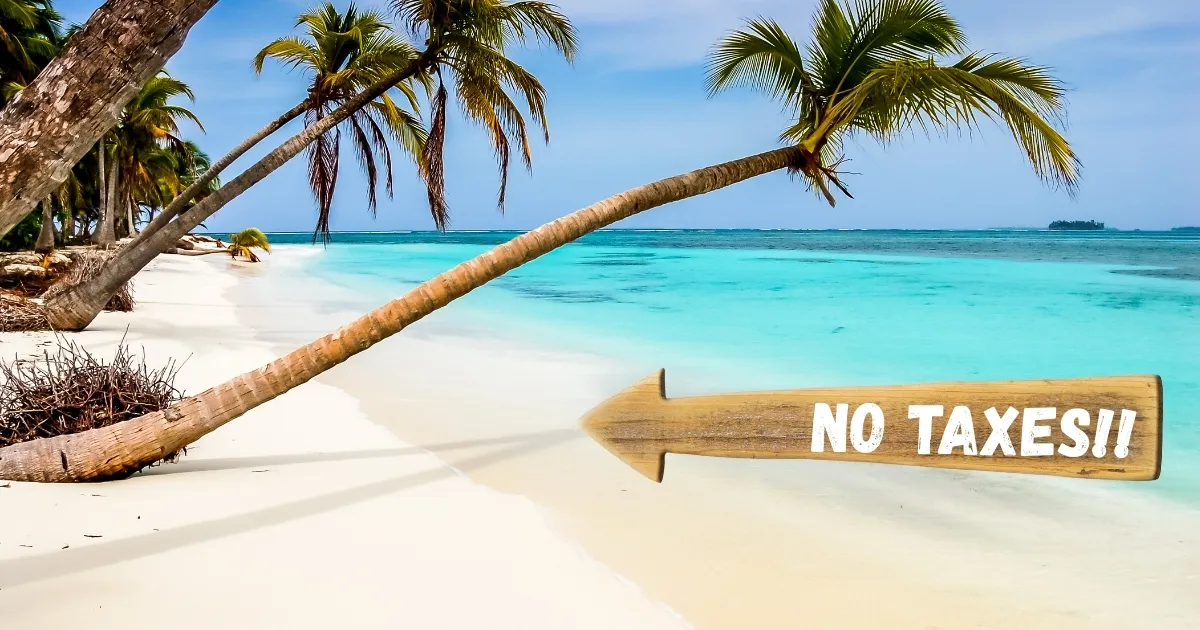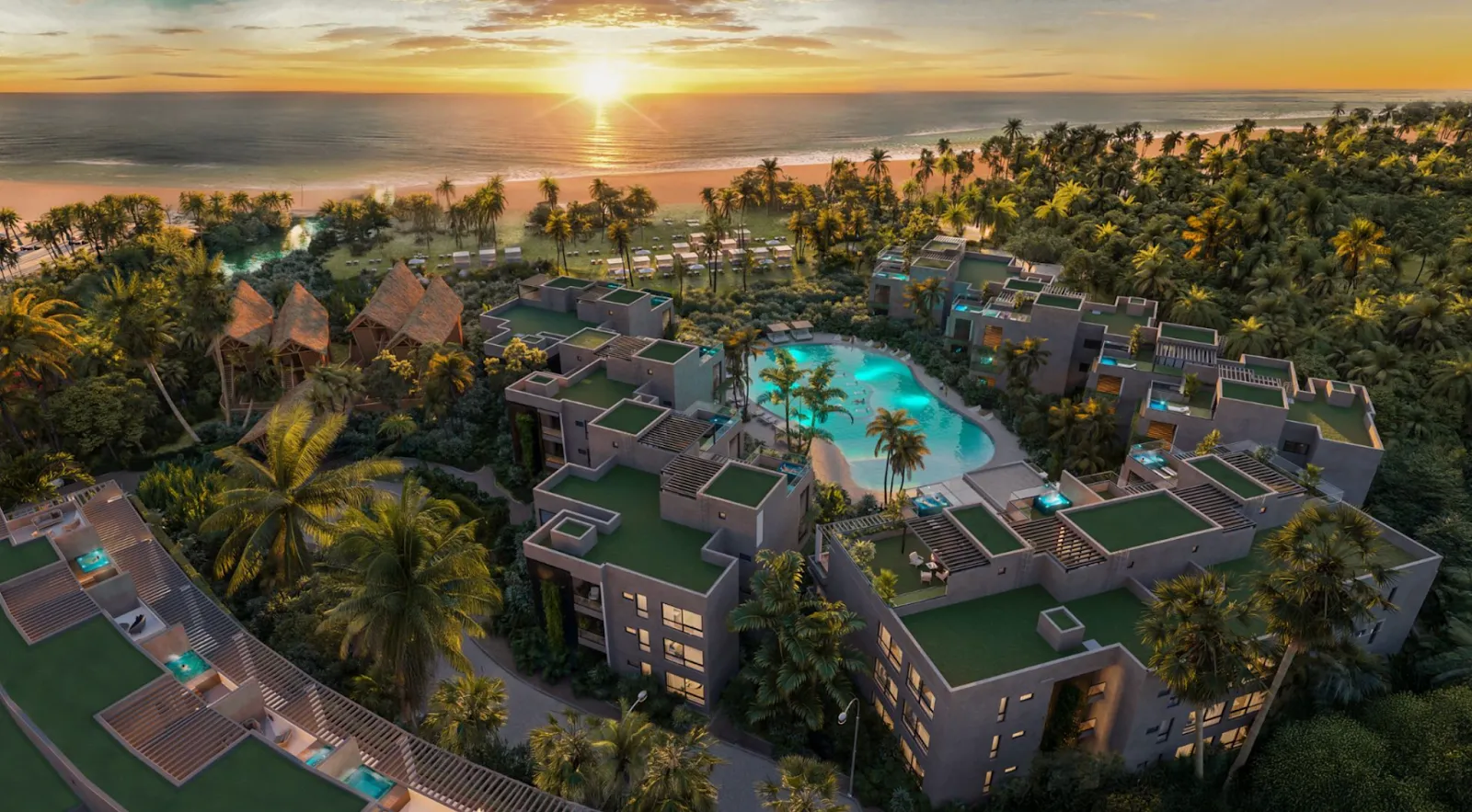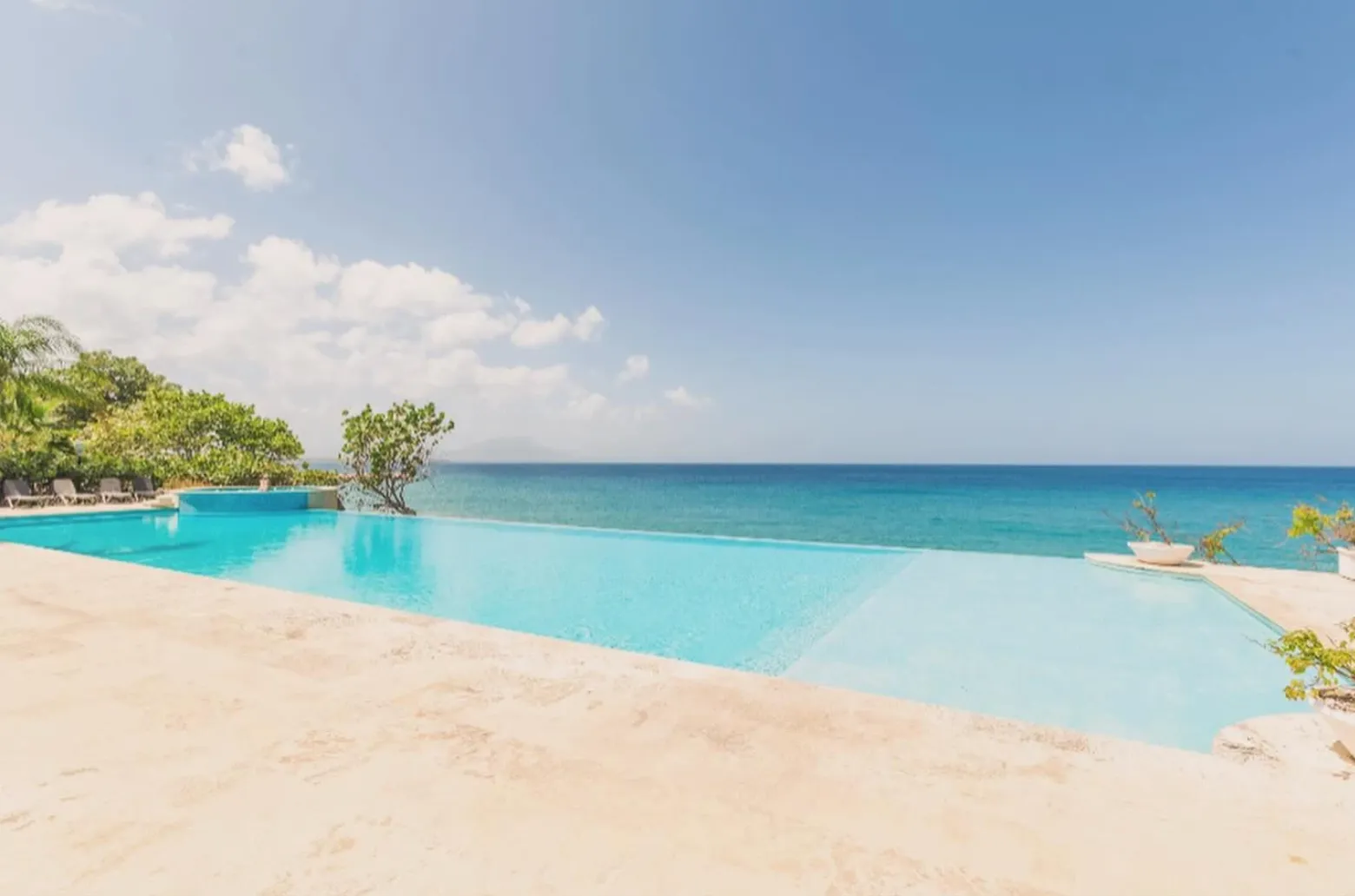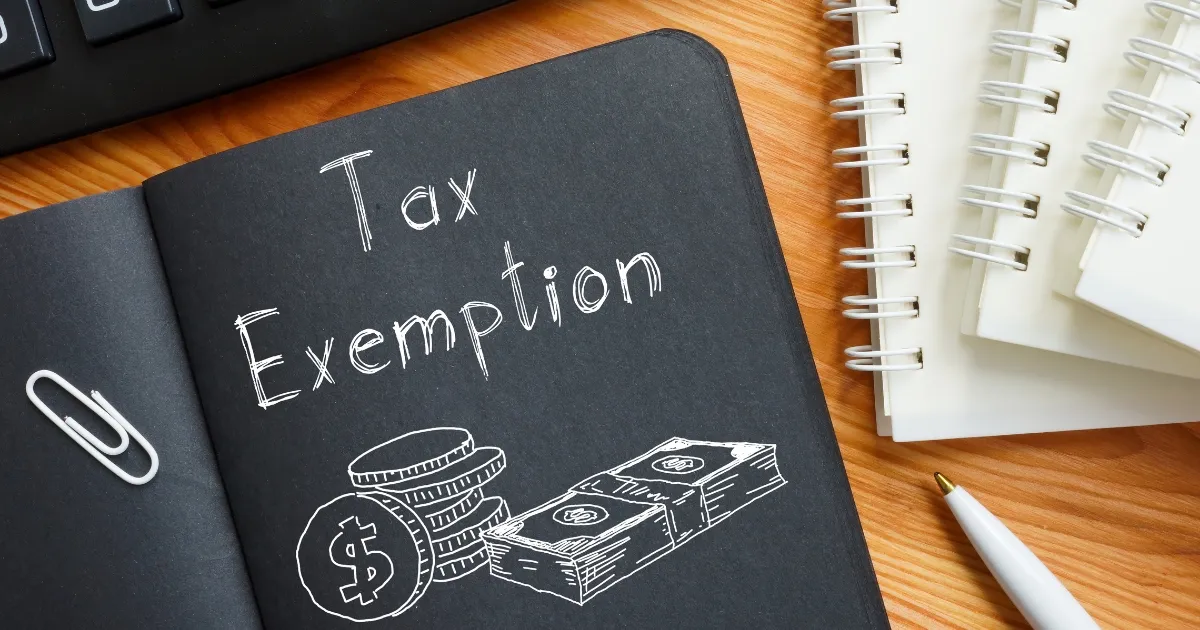Dominican Republic Real Estate Tax Exemptions for Foreign Investors

14 Sep 2025

14 Sep 2025

Yes, the beaches are beautiful, but the real reason smart investors focus in the Dominican Republic’s real estate is the tax advantages. The government has created one of the most attractive tax environments in the Caribbean, especially for those buying in tourist zones, relocating, or developing new projects. If you plan ahead, you can save thousands—or even avoid certain taxes entirely.

If you’ve heard of Dominican tax incentives, you've probably come across CONFOTUR. This government-backed program offers generous tax breaks for both developers and buyers in approved tourism projects.
Key CONFOTUR benefits include:
To qualify, the project must be officially registered under CONFOTUR (Law 158-01). Always ask your agent or lawyer if the property is CONFOTUR-approved—it makes a big difference.
In some cases, resales of units within a CONFOTUR project still benefit from remaining years of exemption. Great for buyers looking at pre-owned units.
Even if your property isn’t part of CONFOTUR, you may still be exempt from paying the 1% annual real estate tax known as IPI. This exemption applies in a few common cases:
To benefit from these exemptions, you’ll need to file a declaration with the Dominican tax authority (DGII). It’s a simple process that can lead to long-term savings.
Many foreign investors choose to buy property through a Dominican company, especially when managing multiple units or planning to generate rental income. Companies don’t pay the standard property tax. Instead, they are subject to a 1% annual asset tax, which can be offset by corporate income tax credits.
This setup also allows you to deduct depreciation and manage income in a more flexible way. It’s not for everyone, but for larger portfolios, it’s often the smarter path.
If you're planning to make the Dominican Republic your new home, the country makes it easy for retirees and foreign investors to settle in. Under Law 171-07, those who invest more than $200,000 USD—or qualify as retirees with a pension—receive several valuable benefits. To qualify for Law 171-07, retirees must show a monthly pension of at least $1,500 USD or $2,000 USD passive income
These include:
This is one of the best relocation incentives in the Caribbean and makes the DR especially appealing for expats looking for both lifestyle and financial ease.

If you’re a developer building residential or tourism-focused properties, the Dominican Republic welcomes your investment. Approved projects benefit from full tax exemptions on VAT, customs duties on materials, and income tax for several years after completion. There are also tax credits available when you reinvest profits into future projects.
Just like CONFOTUR, these incentives require proper registration and approval, typically through the Ministry of Tourism or ProDominicana.
For investors from Canada or Spain, there’s even more good news. The Dominican Republic has double taxation treaties in place with both countries. These agreements prevent you from paying tax on the same income twice, and may also reduce withholding tax on dividends, interest, or capital gains. It’s a great reason to structure your investment with international planning in mind.

To qualify for these exemptions, proper planning and paperwork are essential. Make sure to:
The Dominican Republic is more than a tropical getaway—it’s a destination that rewards smart real estate investing. Whether you’re buying your dream retirement home or looking for rental income, the tax incentives here can significantly increase your return.
📲 Looking for CONFOTUR-approved properties or need help setting up the right structure?
Get in touch with us today—we specialize in helping foreign investors make smart, tax-efficient moves in the Dominican real estate market.

💡 Smart planning = Bigger savings + Better ROI
📲 Need help with any of the above? Contact us today to make sure your investment is fully tax-optimized.
